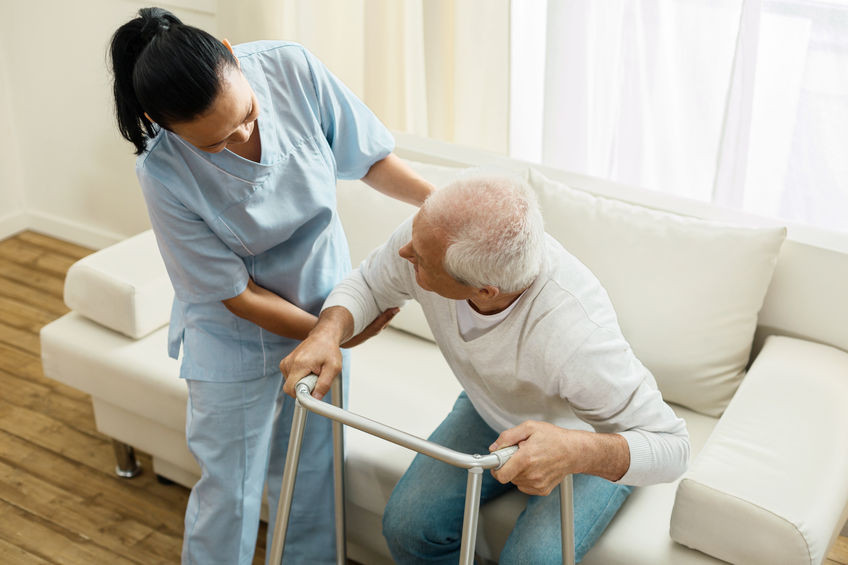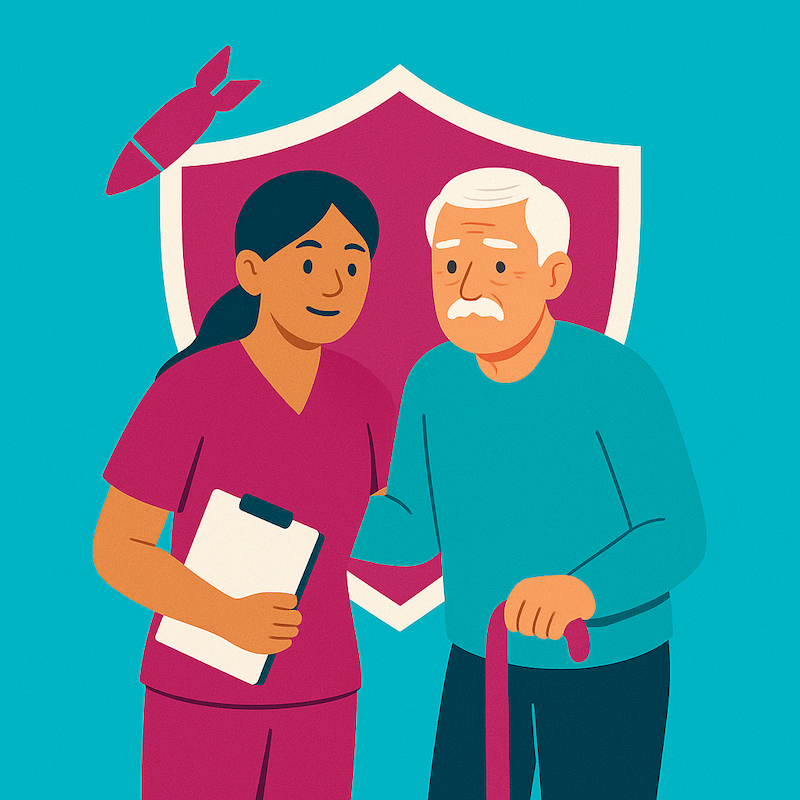How to Avoid Caregiving-Related Injuries
צוות iSavta | 13.11.2019

According to a study from the researchers of The Ohio State University, there is an estimated 14 million “high-burden caregivers or people who spend more than 21 hours a week assisting care recipients with activities of daily living”.
These caregivers are mostly informal caregivers who provide care for free, without proper training and are mostly high risk for injuries and chronic pain. According to the said study, “most of the caregivers who were subjects of the study said they had musculoskeletal discomfort and this discomfort affects their ability to provide better care. In addition to this, caregivers have expressed that most of the activities that put them at risk of injuries and are most difficult to do are transferring patients, bathing, stair navigation, toileting, and recovery from falls.
Professional caregivers on the other hand stated that they also have similar experiences but since they had proper professional training, they are at low risk of injury. Some caregivers who did not undergo proper training are those who were at highest risk of these injuries.
If you are starter at caregiving or if you had to become one because a family member needs your support to take care of a patient, most likely you have not undergone proper training. Training is extremely important in this field. Not only you will be able to provide the best care possible, you also would be able to protect yourself from certain injuries.
Here are some of the ways for prevention of injury for caregivers:
- Comprehensive Training
There are several agencies in your community or in your city that provide free training for caregiving. Most of which are provided through classes and volunteering. Some of the examples are Red Cross, and city hospitals. Get as much training as you can as this will tremendously help you in taking care of your patient and also protect yourself from injury both to yourself and your patient.
- Get Help
Be willing to ask for help when necessary. Talk to your family members to get support. Be open to accept help from friends and get advices from those who have had the same experience. Caregiving is a difficult task and it requires you to recognize that it is not a one-man job and responsibility. The more people who can help the lighter the job is.
- Take Care of Yourself
You need to see your needs first and you have to take good care of yourself. You have to know your strengths and limitations. This way, you will be able to gauge your capacity to provide care for other people. You have to know your needs and address them first. Eat nutritious food, have enough sleep, and also be physically fit. When you are healthy and physically fit, you prevent physical injuries that come as you take care of others.
- Be Informed
There is no better way to protect yourself and get prepared for the role than being fully informed. Do your own research. Find the best approaches to caregiving. Get some tips and hacks on how to be efficient as a caregiver. Know the latest technologies that can help you ease your job.











